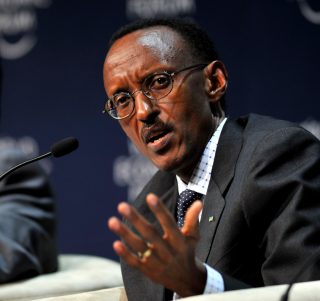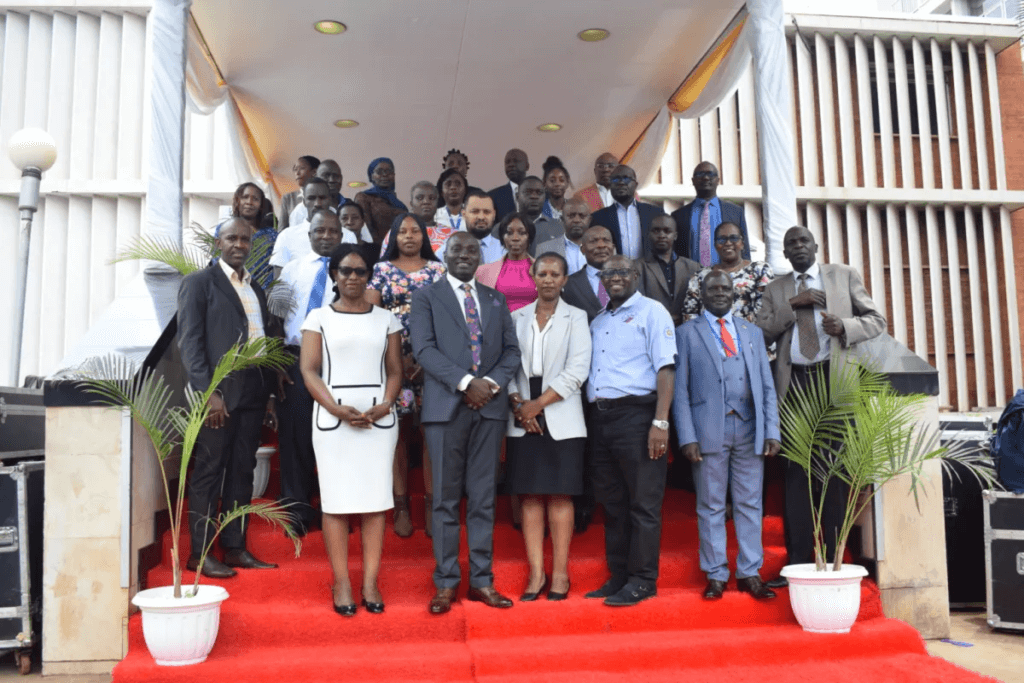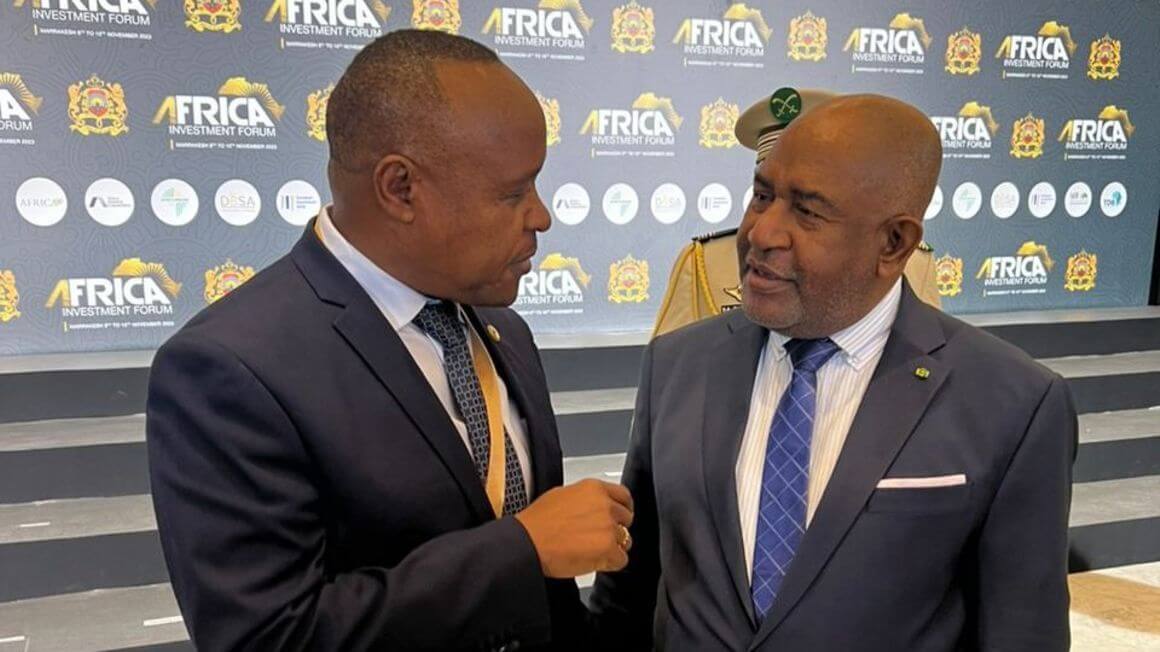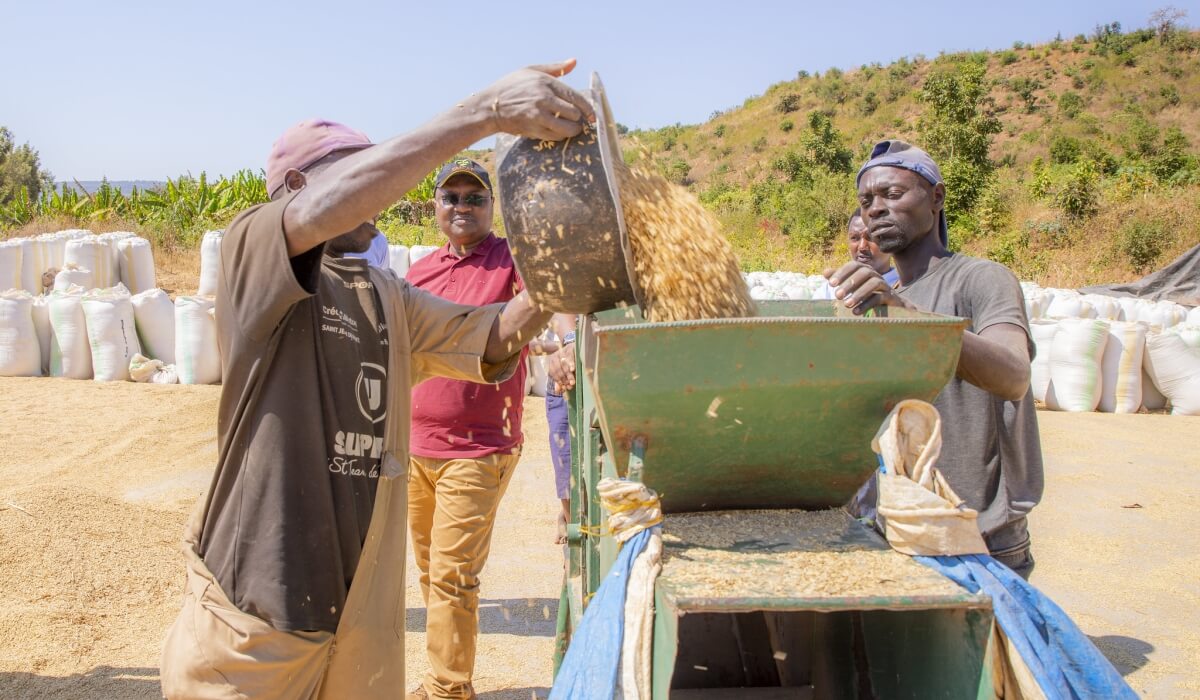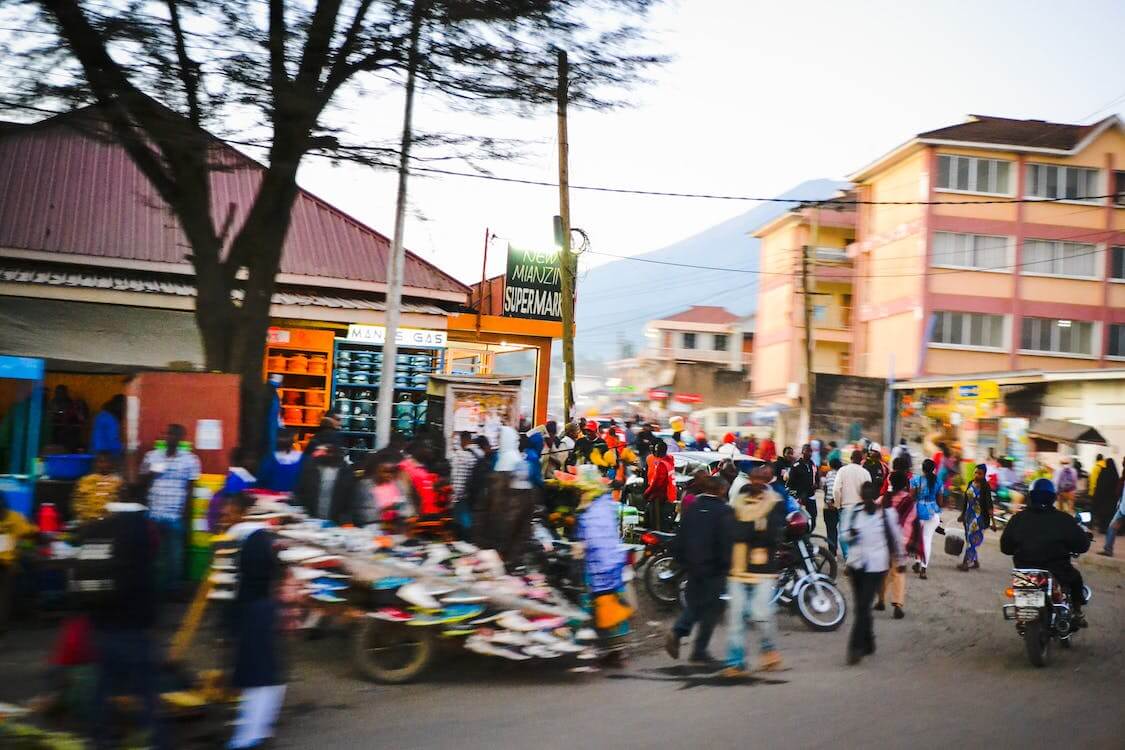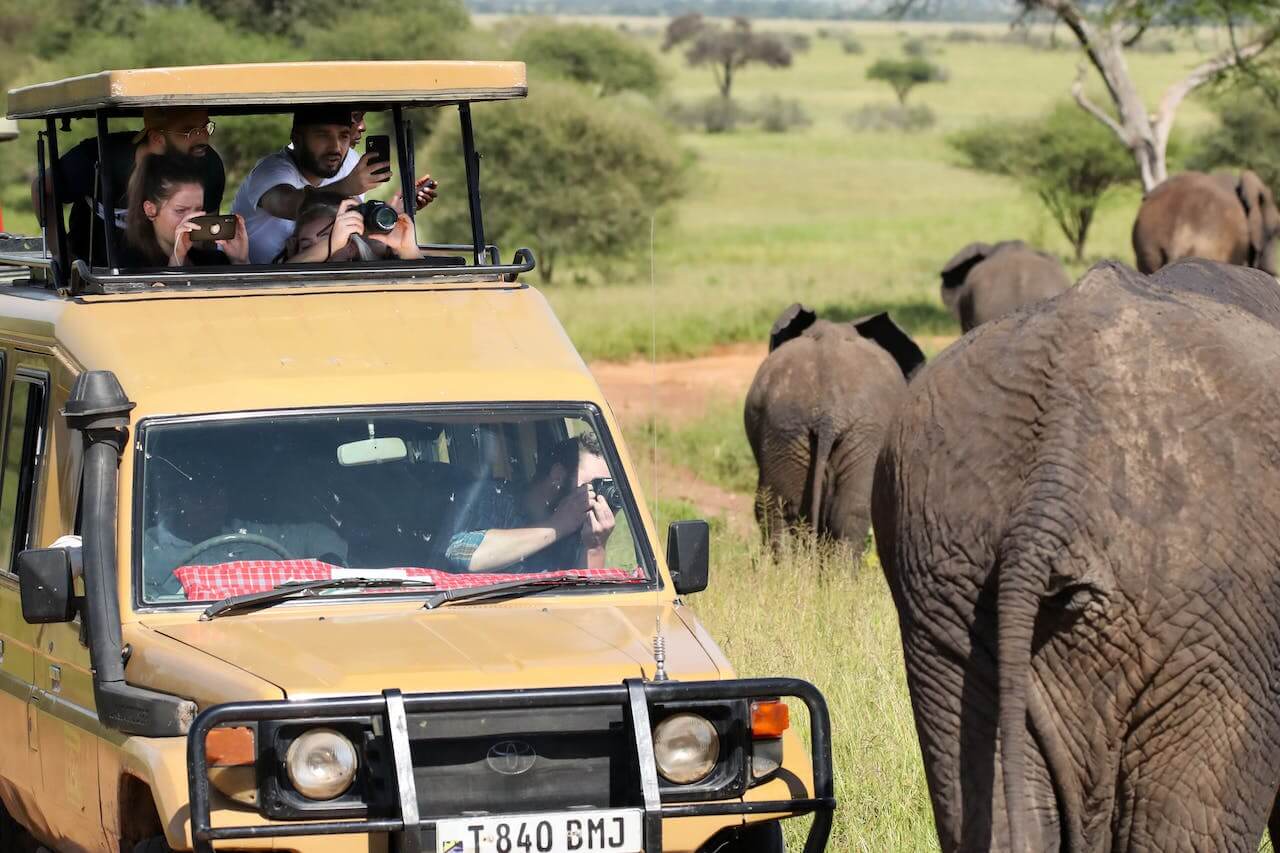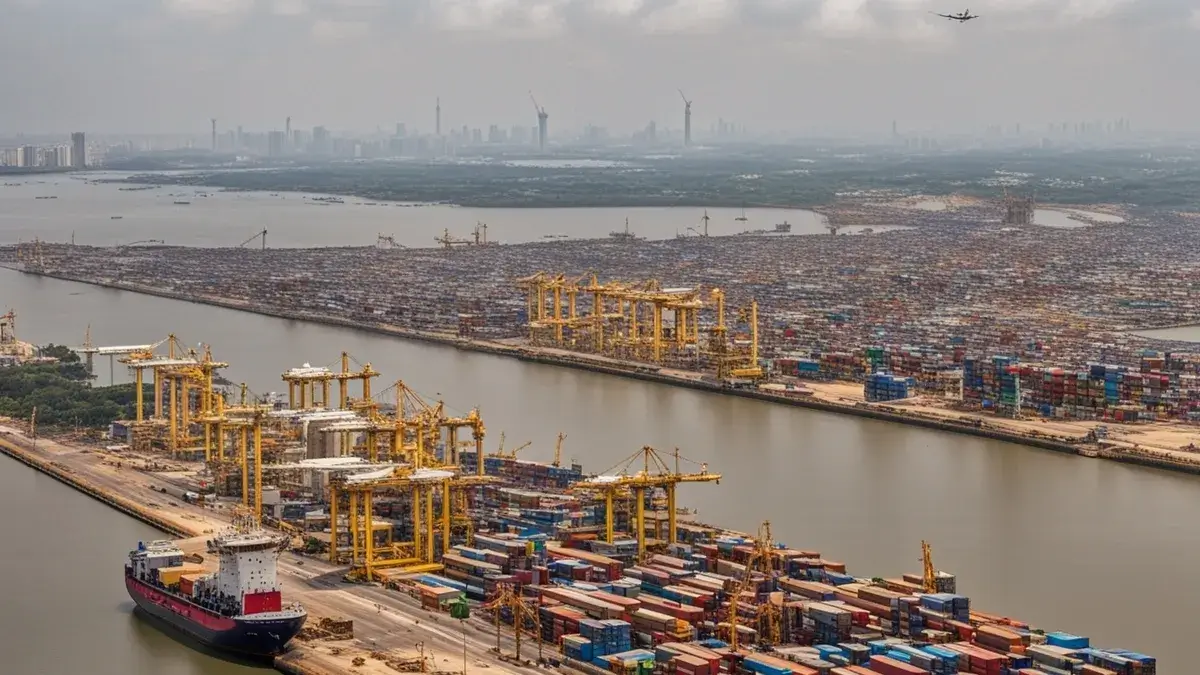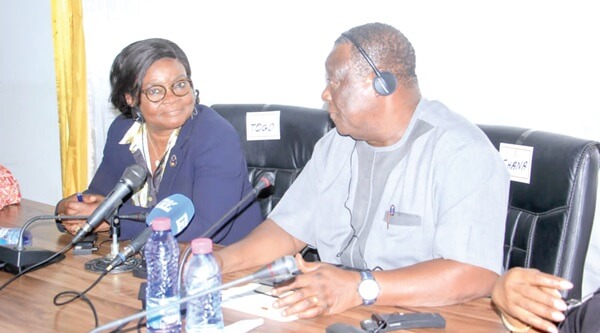Rubavu Port, Rwanda’s largest port, is nearing completion at 96%, and its launch is slated for December. According to Déogratias Nzabonimpa, the Acting Mayor of Rubavu district, despite ongoing finishing works, the port is expected to be handed over this month, with the possibility of the first ship gaining access by December 1. Situated in the Rubavu District along the shores of Lake Kivu, the port spans two hectares. Its completion is anticipated to enhance cross-border trade between Rwanda and the Democratic Republic of Congo and stimulate tourism in the region. Managed by Société centrale pour l’équipement du Territoire (SCET-Tunisie), the port comprises two sections—one for cargo and another for passengers—serving both business and tourism purposes. The project, developed by Rwanda’s government through the Rwanda Transport Development Agency (RTDA), received support from TradeMark Africa and Invest International. The port is designed to accommodate 1.4 million passengers annually, with a projected completion cost of $7.8 million. President Kagame has actively promoted private sector engagement as a catalyst for economic development. The government has implemented business-friendly policies, streamlined bureaucratic processes, and provided incentives to attract foreign direct investment. The goal has been to create an environment conducive to entrepreneurship and economic growth. Also, one of his key priorities has been the development of the tourism sector as a means to boost the economy and showcase Rwanda’s rich cultural and natural heritage. Rubavu Port is not just a maritime gateway; it’s a catalyst for economic growth, job creation, and enhanced regional trade dynamics....
Rwanda’s Rubavu Port: A catalyst for economic development & enhanced regional trade dynamics
Posted on: November 17, 2023
Posted on: November 17, 2023

